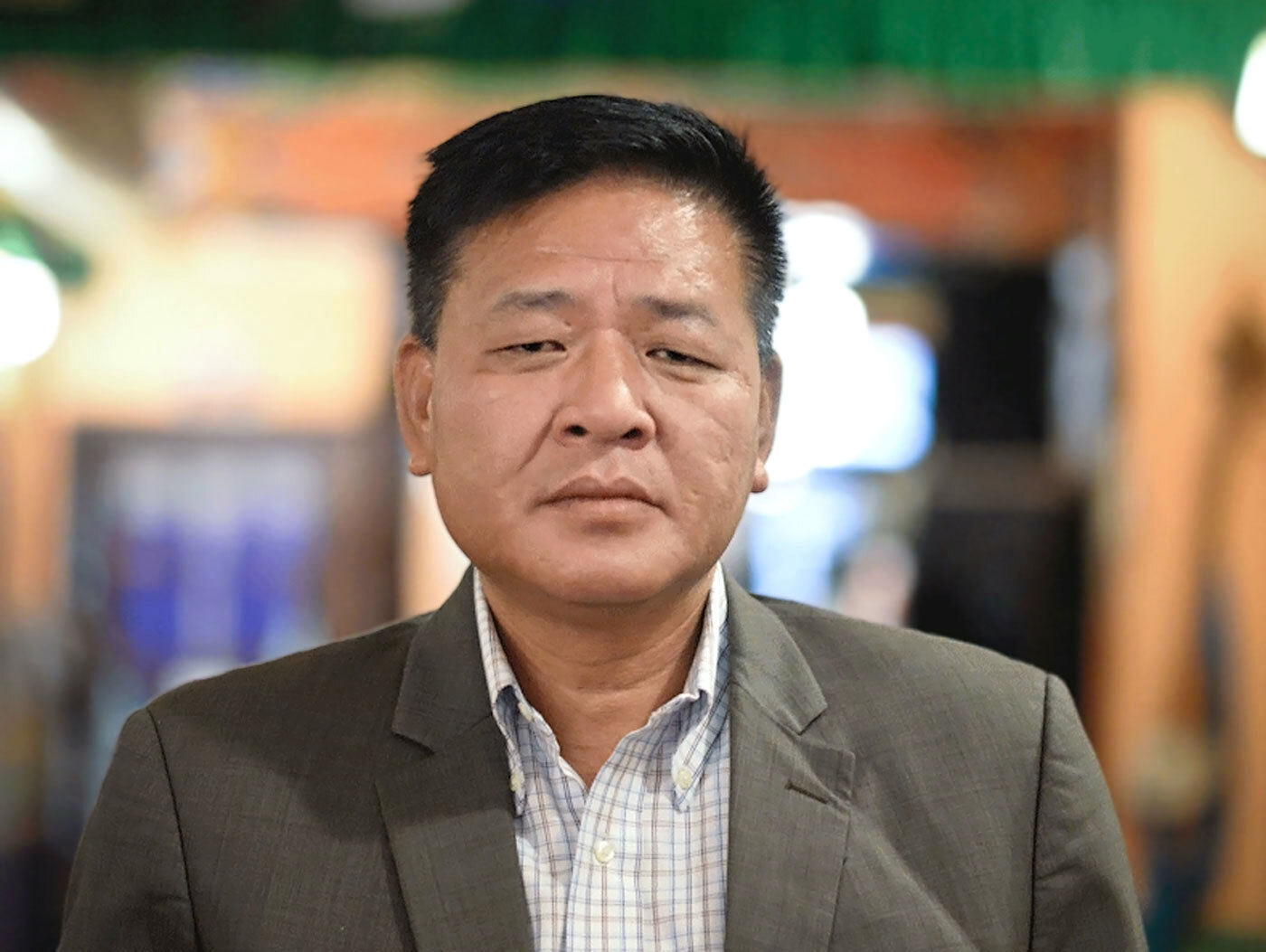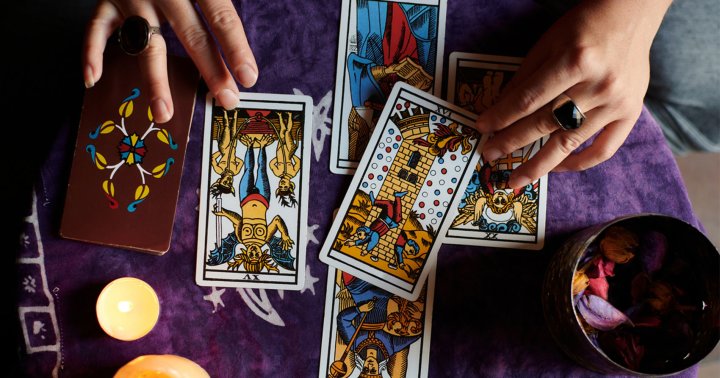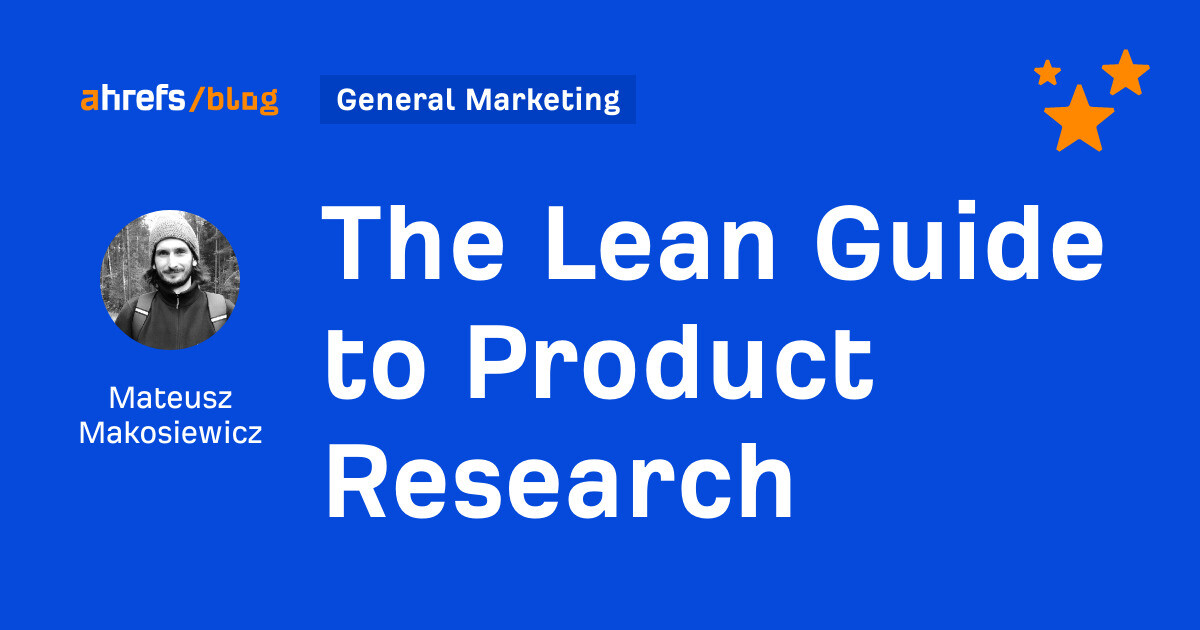I'm A TCM Expert & This Principle Is The Secret To Vibrant Longevity
"Simply put: Without the flow of Qi, there would be no life."


Our editors have independently chosen the products listed on this page. If you purchase something mentioned in this article, we may earn a small commission.
In Chinese culture, Qi (or Chi) is the energy of the universe. It flows through all living beings and connects us energetically, physically, emotionally, and spiritually. Here is a primer on this powerful animating force and how to work with it to stay healthy.
The simple definition of Qi is life force, or energy. Qi is not a substance, but a power—like an electric current that lights a bulb.
The character for Qi (氣) means “energy'' or “essence.” It depicts air with a pot of rice within, and represents transformational power. Think of it like a seed that can be dormant for years but still have life force within it, just waiting to be awakened by dirt, water, and sunlight.
All Access Summer Sale
A lifetime access to all mbg classes at a fraction of the price. Sale ends May 31st.

Qi is best understood in relation to Yin and Yang. The principles of Yin and Yang theory are based on dynamic balance via the movement of Qi energy. Qi is invisible, only seen through the influence it has on living beings and material forms.
Magnets are an example of Qi in accordance with Yin and Yang: One side is north; the opposing side is south. They push and pull, but when spun together they are a generator of electricity.
In Traditional Chinese Medicine (TCM), it is believed that all vital functions within the body are also governed by the changes and movements of different types of Qi, including Yuan Qi (primary Qi), Zong Qi (chest or lung), Ying Qi (nutritive), and Wei Qi (defensive Qi).
Qi is thought to run through energy pathways in the body known as meridians. When the body is out of balance, TCM practitioners look at what symptoms are occurring and what Qi pattern is presenting itself.
The character for Qi is depicted on Oracle bones—a Chinese script that dates back to the 2nd millennium BC, indicating that Qi was already a familiar concept back then.
Though the concept of Qi originates from China, it is recognized throughout Asia and connected to spiritual observation such as Buddhism, Taoism, and Hinduism, and other practices of enlightenment.
It is nearly impossible to pinpoint “when” the concept of Qi was fully integrated into a belief system, as there is no record of it not existing.
Why is Qi energy important?
Simply put: Without the flow of Qi, there would be no life. Here's what makes this principle so important:
Living in accordance with these principles is known as the Dao or the Way of Life. This is what it means to live in Yin and Yang balance.
Signs your Qi is out of balance.
According to Chinese Medicine, we are born with a set amount of essence, called Jing (prenatal Qi), and that must last us a lifetime. Activities such as overworking, stressing, and “abusing” the body will burn this essence and shorten the lifespan.
When we get stressed, our nervous system goes into fight-or-flight mode, tapping into the adrenal glands. If the body does not quickly return to a rest-and-digest state, the flow of Qi is disrupted. This can lead to Qi stagnation, which leaves the whole body feeling swollen and stiff. Here are a few signs that your Qi is out of balance:
How to balance your Qi energy.
In the first chapter of The Yellow Emperor’s Classic of Internal Medicine, the Emperor tells his physician of the old days when people lived beyond 100 years old. How? They practiced breathing, stretching, and massage that promoted the flow of Qi. They ate balanced meals at regular times and tried not to stress their minds and bodies.
Chinese medicine has eight branches that help cultivate health, preserve life, and promote the free flow of Qi energy. These are the areas to focus your attention:
People who lead a life with the principles of Yin and Yang and Qi have an inner calm and focused presence. In Chinese Medicine, we call this good Shen, heart Qi. These people have a vitality and life force within them that shows through their eyes.
They are composted, tranquil, and able to give their complete attention to the task at hand. Positive energy seems to radiate from them. They have strong energy fields and can quickly bounce back from stressful situations and people.
When your Qi is balanced, your mind, body, and spirit are in alignment. It feels good to be you, and your body feels well. You have a deep connection to oneself, to others, and to the world at large. Balancing your Qi is not a destination. It is a guiding principle for living a long, healthy life.
https://www.mindbodygreen.com/articles/what-is-chi

 Konoly
Konoly 
































